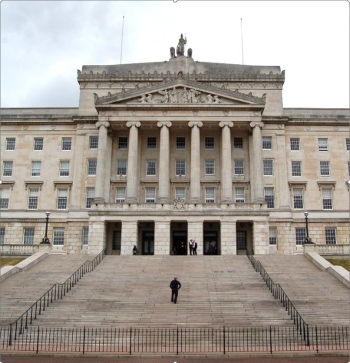Environmental laws

Like safety legislation, there are separate laws in all states and territories governing environmental protection.
Each state and territory also has its own regulator. In most jurisdictions, they are called the Environmental Protection Authority (EPA), although in Queensland this function is handled by the Department of Environment and Science.
EPA and local council powers
In each state, the EPA regulates large industries and the local councils regulate smaller businesses.

Both the EPA and local councils have powers to enter premises and issue clean-up notices if there has been an incident causing pollution. They can also both prosecute businesses that have breached environmental laws.

The law states that if a ‘pollution incident’ occurs – such as a leak or spill – you are required to notify the EPA or local council as soon as possible. This applies to everyone in the workplace, including management, employees and contractors.
In practice, the notification is likely to be done by company management once you tell them that the incident has occurred. But you must keep in mind that you have a personal legal obligation to make it known to an authorised person as soon as you become aware of it, so that they can take immediate steps to minimise any harm that might result.
Due diligence
All businesses have a responsibility to protect the environment. Under the law this is called due diligence. Due diligence means that the company needs to:
take all reasonable steps to prevent pollution and protect the environment
promote action to prevent environmental damage or minimise its impact
show that all that could have reasonably been done has been done to prevent an incident from occurring
ensure that all control measures, such as sawdust blowers and chemical holding areas, are in place and are regularly checked and maintained.